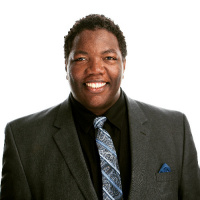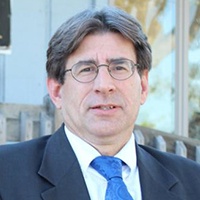Lansing Divorce & Family Law Lawyer, Michigan
Sponsored Law Firm
-
 x
x

Click For More Info:
-
Timothy L. Hensick & Associates, P.C.
528 West Grand River Avenue Howell, MI 48843» view mapDivorce & Family Law Dedicated. Professional. Diligent.
My practice has been built on long hours of hard work, by dedicating myself to properly handling cases for clients, & by listening carefully to my clients.
800-970-6510
Bobby Alonza Ficklin
✓ VERIFIEDCriminal, Social Security, Divorce
Bobby Ficklin is a practicing lawyer in the state of Michigan.
Donald J. Baranski
✓ VERIFIEDDivorce & Family Law, Estate, Employment, Criminal, Consumer Bankruptcy
Thirty years in general practice
Donald J. Baranski received his Bachelor of Arts in Humanities Pre Law, from Michigan State University. This was a triple major of American History, P... (more)
Kit Sheintoch
Real Estate, Litigation, Divorce & Family Law, Criminal, Slip & Fall Accident
Status: In Good Standing
Fred William Dahler
Government, Family Law, Criminal, Religious Discrimination
Status: In Good Standing Licensed: 33 Years
David W. Mckeague
Intellectual Property, Divorce & Family Law, Civil & Human Rights
Status: In Good Standing Licensed: 53 Years
William J. Runco
Health Care Other, Health Care, Divorce & Family Law, Criminal
Status: In Good Standing Licensed: 41 Years
Joseph Edward Ernst
Real Estate, Estate, Divorce & Family Law, Accident & Injury
Status: In Good Standing Licensed: 18 Years
Lucinia Alisyn Daniel
Real Estate, Divorce & Family Law, Civil Rights, Business
Status: In Good Standing Licensed: 10 Years
Amy Leah Price
Juvenile Law, Federal Appellate Practice, Estate Planning, Family Law
Status: In Good Standing Licensed: 18 Years
Kara Henigan Hope
Family Law, Divorce, Guardianships & Conservatorships, Divorce & Family Law
Status: In Good Standing Licensed: 21 Years
 Timothy L. Hensick Howell, MI
Timothy L. Hensick Howell, MI Practice AreasExpertise
Practice AreasExpertise


